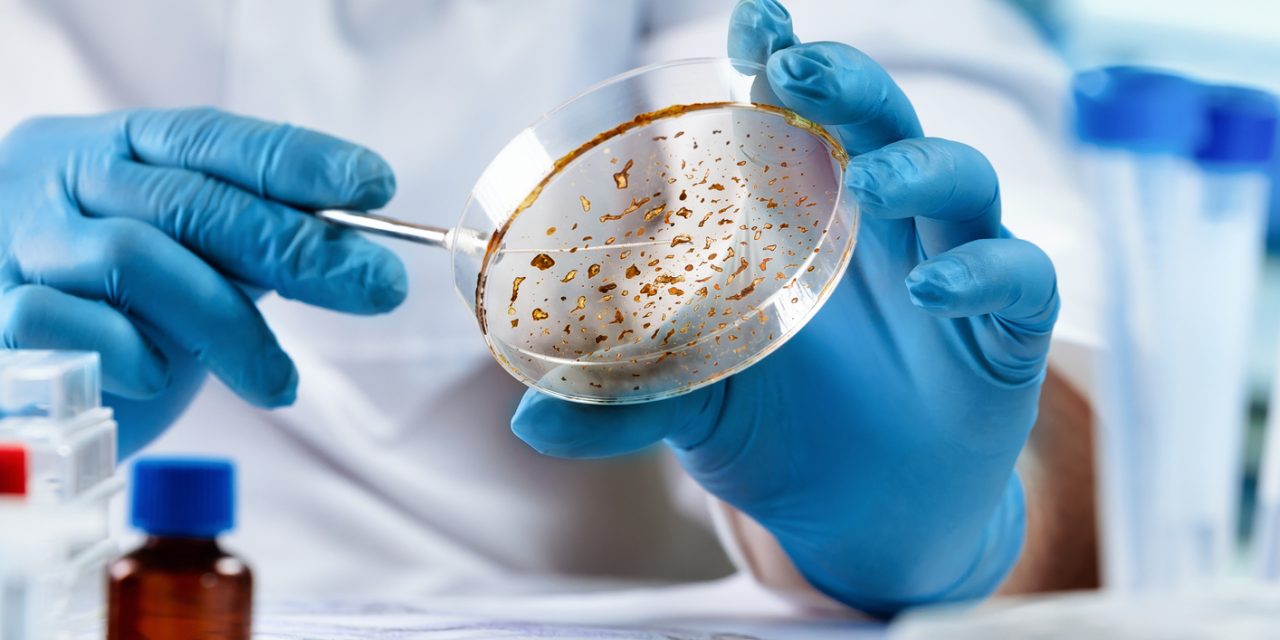There remains a substantial gap in our understandings of the life experiences of patients following HCV cure among HIV-HCV co-infected people who inject drugs (PWID) and men who have sex with men (MSM), two key populations targeted for HCV elimination. We described the experiences and perspectives of HIV-positive PWID and MSM, HCV-cured following treatment with direct-acting antivirals (DAA). We used an exploratory sequential mixed approach using both qualitative data (semi-structured interviews with 27 PWID and 20 MSM) and quantitative data (self-administered questionnaires with 89 PWID) via the prospective ANRS CO13 HEPAVIH cohort. PWID reported improvements in physical health-related quality of life (HRQL) and self-reported symptoms following treatment, but no significant change in mental HRQL. During interviews, several MSM, more recently diagnosed with HCV, expressed less concern regarding HCV than HIV infection, and interpreted improvements in their overall well-being after HCV cure to be more related to a closer connection with health care providers than with viral elimination. By contrast, PWID, particularly those previously exposed to interferon-based treatments, described major improvements in their physical HRQL. Both MSM and PWID reported improvements in cognitive or psychological wellbeing, and a majority of them reported some degree of concern over potential HCV reinfection. To conclude, though health benefits of HCV cure concern both groups, HIV-infected PWID and MSM may have different representations and experiences following DAA treatment, related to their history with HCV. They are thus likely to benefit from holistic, post-treatment follow-up care that is responsive to their evolving health and social contexts.This article is protected by copyright. All rights reserved.
Life after hepatitis C cure in HIV-infected people who inject drugs and men who have sex with men treated with direct-acting antivirals in France: Health perceptions and experiences from qualitative and quantitative findings (ANRS CO13 HEPAVIH).


